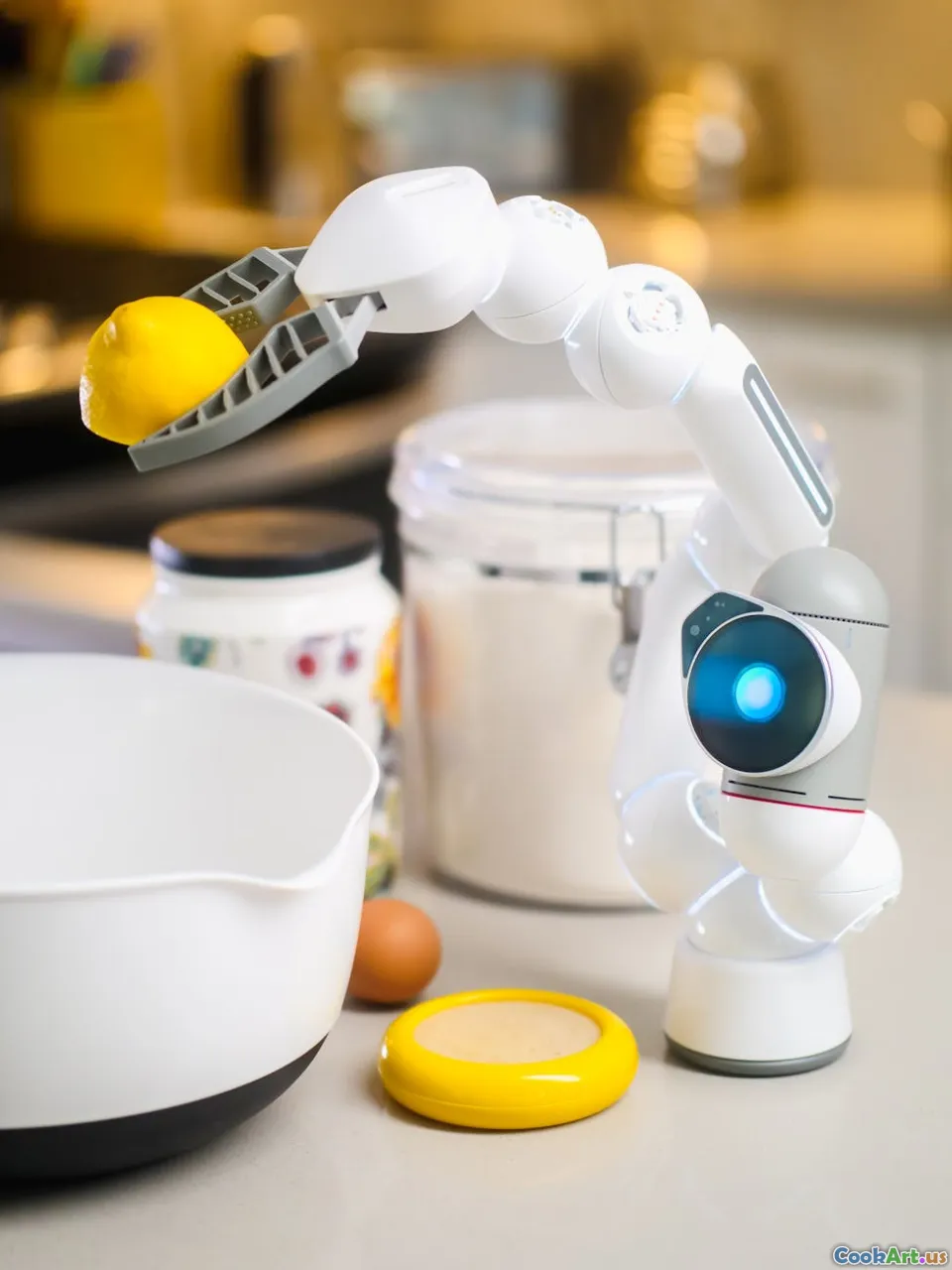Smart Kitchens: Technology in Cooking
5 min read Explore how smart kitchens and cutting-edge technology are transforming cooking, making it easier, more efficient, and fun. April 09, 2025 21:45
Smart Kitchens: Technology in Cooking
As the culinary world evolves, the concept of smart kitchens emerges, blending traditional cooking methods with cutting-edge technology. This transformation not only enhances the cooking experience but also revolutionizes how we approach food preparation and consumption.
What is a Smart Kitchen?
A smart kitchen integrates advanced technology and Internet of Things (IoT) devices to create a more efficient and enjoyable cooking environment. This includes smart appliances, connected devices, and apps designed to streamline the cooking process, improve meal planning, and enhance food safety.
The Rise of Smart Appliances
From smart refrigerators that can create grocery lists to ovens that can be controlled via smartphone apps, smart appliances are making home cooking easier than ever. These devices often feature:
- Wi-Fi connectivity: Allowing users to control appliances remotely.
- Voice activation: Integrating with virtual assistants like Alexa and Google Assistant for hands-free operation.
- Smart sensors: Adjusting cooking times and temperatures based on the food being prepared, ensuring perfect results every time.
Example: The Smart Oven
Consider the smart oven, which can automatically adjust settings based on the recipe you select on your smartphone. This technology not only saves time but also reduces the risk of overcooking or undercooking your meals.
Meal Planning and Grocery Management
Smart kitchens offer innovative solutions for meal planning and grocery management. Apps can suggest recipes based on the ingredients you have on hand, minimizing food waste and saving money.
Innovations in Meal Prep Apps
Many meal prep apps now integrate with smart fridges and pantries. For instance, if your fridge is running low on certain items, the app can alert you and suggest recipes that use what you have left. This not only promotes efficiency but also encourages more sustainable cooking practices.
Food Safety Through Technology
Safety is paramount in cooking, and smart kitchens are leading the way in ensuring that food safety standards are met. From smart thermometers that alert you when meat is cooked to safe internal temperatures to apps that track food expiration dates, technology is helping home cooks maintain high safety standards.
Smart Thermometers
These devices can be placed in the meat while it cooks, connecting to your smartphone to notify you when it reaches the desired temperature, thus eliminating the guesswork.
The Impact of AI on Cooking
Artificial Intelligence (AI) is also making waves in the culinary world. AI-driven platforms can analyze user preferences and dietary restrictions to curate personalized meal plans. Moreover, AI can suggest alternatives for ingredients you might be allergic to or don’t have on hand, making cooking more accessible.
The Cultural Shift Towards Tech-Enabled Cooking
As technology becomes more integrated into our daily lives, the cultural perception of cooking is shifting. No longer just a chore, cooking is viewed as a creative and enjoyable process. Smart kitchens encourage experimentation and make cooking more approachable for people of all skill levels.
Conclusion
The evolution of smart kitchens signifies a new era in cooking, where technology enhances our culinary experiences rather than replaces traditional skills. As innovations continue to emerge, the future of cooking looks bright, promising to make the kitchen a more efficient, enjoyable, and safe space for everyone. Embracing these changes not only makes cooking easier but also opens up new possibilities for creativity and health in our culinary adventures.









